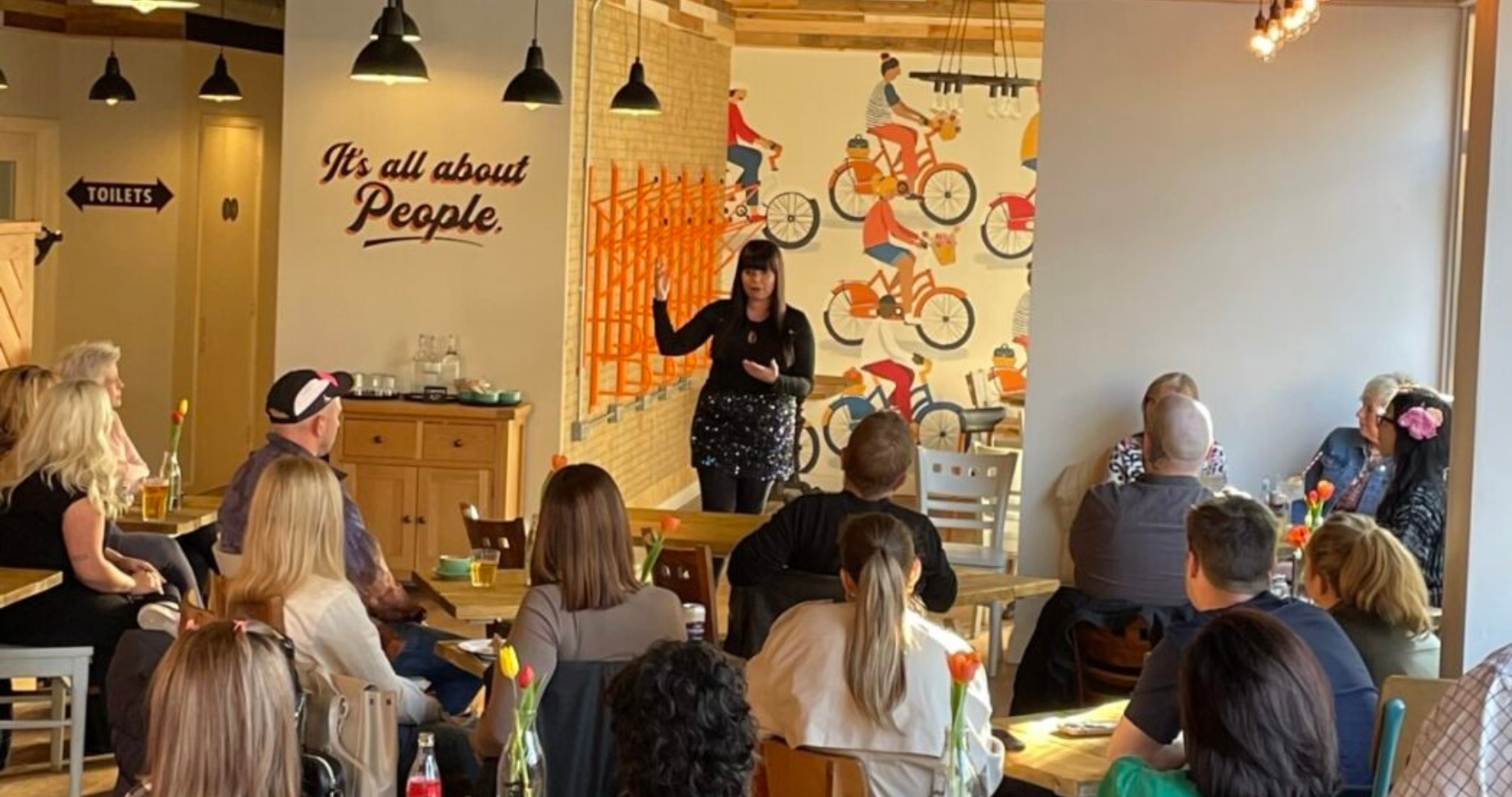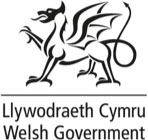
What does the future of regional investment in Wales look like?
A blog from Glenn Bowen, Director of Enterprise at Cwmpas
I write this blog as someone who has spent the majority of his career working on projects and programmes that have been funded by European Structural Funds. When I started working at Cwmpas (or the Wales Co-operative Centre, as it was then), I was employed on a three-month contract as a development worker on a project called Community Businesses Services. The project was funded under Objective 2 funding under the Industrial South Wales Programme. The project was originally developed by Mid Glamorgan County Council, but as a result of local government reorganisation and the demise of Mid Glamorgan, the project was transferred to the Wales Co-operative Centre.
Ever since, Cwmpas has been involved in developing and running small projects and large programmes under the 2000 to 2006 Objective One Programme, the 2007 to 2013 Convergence Programme and the 2014 to 2020 Structural Funds Programme. Working through each of these programmes, it was always clear that programmes were evaluated and lessons learned, to ensure each programme sought to improve on the last.
Some of the early learning was around longevity of projects. Project sponsors/beneficiaries needed enough time to ensure projects had an inception phase, a delivery phase, and adequate time to close the project and reflect. It was clear that projects needed a minimum of three years to add real value. Many projects were approved on a three plus two basis, with the potential to deliver a service over five years if a review after three years demonstrated impact.
Early programmes had hundreds of smaller projects, and this led to challenges in managing, administering and monitoring. There was also often a lack of co-ordination amongst those projects, leading to a lack of consistency, duplication and confusion in the market.
After all this learning, the Welsh Government was in a good place to develop a successor programme to support regional investment at the end of the European Structural Programmes in Wales in 2023. The plan had been developed with the expectation that in a post-Brexit world, the UK Government would provide the regional investment funding to Welsh Government, who would then roll out a new Programme.
In the end this did not materialise. The UK Government handed resources directly to local authorities in Wales to manage and administer. The Shared Prosperity Fund, a three-year programme from 2021 to 2024, was launched. We will look specifically at the lessons learnt from the Shared Prosperity Fund in a separate blog.
With a new Government in Westminster and the end of SPF in sight, it’s worth reflecting on our experience of delivering under all the regional investment programmes over the last thirty years and look at what we can learn.
It’s worth recognising what we want from, and mean by, regional investment. At Cwmpas, we believe regional investment needs to even out economic inequalities to allow regions to improve their economic wellbeing. We need to ensure that all areas of Wales can offer good quality jobs, so we have sustainable communities where people no longer have to move away from home to get a job and raise their families. It’s encouraging that one of the new UK Government’s missions to rebuild Britain is to kickstart economic growth “with good jobs and productivity growth in every part of the country”, and we need regional investment to facilitate that across Wales.
There is a risk that, in these challenging times, regional investment money is used to rebuild our social fabric and invest in our much-needed public services. Although most of us would have sympathy with this view, it would be a missed opportunity to change the way our economy works and create those much-needed high quality jobs. We need resilient local economies that prioritise wellbeing, improved public health and to take the pressure off our public services in the long-run. Regional investment must add value and additionality to existing public spending in Wales, to help us to achieve this goal.
Regional investment should therefore be focused on creating wealth – not just for individual owners and shareholders, but to create more jobs and sustain and nurture the wellbeing of communities. We need to encourage more non-extractive businesses, more co-operatives and social enterprises and more locally-owned and anchored SMEs and micro businesses. We need to scale up those SMEs with the potential to export products and services and bring new money into Wales. Social enterprise and co-operative models already play a key role in delivering essential services in a community-led way, creating fairer, more resilient local economies and regional investment should seek to facilitate more of this vital work. This is why it was so encouraging to see a commitment to supporting diverse business models in the UK Labour and Welsh Labour manifestos, as well as aiming to double the size of the co-operative sector.
To support this, we need national strategies around sustainable economic growth that not only includes an intervention from Welsh Government, but is also explicit on the role that local authorities and the Corporate Joint Committees (CJCs) have in growing our economy and creating economic wellbeing.
With clear strategies in place and clear expectation around who is doing what, we then need a regional investment programme that funds large-scale backbone projects that can have impact across the whole of Wales, as well as regional projects that can respond to specific opportunities for growth within each region.
In previous regional investment programmes, there have been good examples where local authorities have led on the development and implementation of small business grants, and where Welsh Government and organisations like Cwmpas have led on structured business support through Business Wales and Social Business Wales. This worked well in linking local, regional and national eco-systems together, and is good practice that should influence future design.
We must also ensure that the third sector has access to finance in future programmes. This could be through responding to need and designing and delivering regional or national projects, or accessing smaller grants and investment through repayable funding that could be developed through an intermediary body. In the previous EU funding programme, the WCVA successfully delivered grants and loans to the wider third sector.
Future governance of regional investment needs to be streamlined so that money can be invested in delivery and not in administration on monitoring. It makes sense that a single body is responsible for the administration and monitoring of funds. This will not only reduce costs but will ensure that communication is effective, only coming from one single source.
Where decisions are made, is also important and legitimate that projects that need to have an impact across Wales are decided nationally – but equally, regional projects need to include local and regional intelligence when decisions are being made. In the 2000 to 2006 Objective One Programme, each local authority area had a Strategic Management Board that was made up (on the three thirds principle) of public sector, private sector and the third sector. All projects that wanted to be delivered within a local authority area had to gain approval from the Strategic Management Board.
This was positive in supporting local decision making, but needed a huge amount of resources from the managing authority, as each LA needed a staff team to administer the process. It also slowed down the approval process for larger projects of national significance. As we look to the future of regional investment, we now have the CJCs -as these groups evolve, is there a role for these to feed in local and regional decisions?
At Cwmpas, we would hope to access regional investment to help change the way our economy and society works, putting people and planet first. Social and democratic businesses can help change the way the economy works, tackling some of these biggest challenges at a local level in a community-led way.
We believe that by growing the number of co-operatives, employee-owned businesses, and social enterprises, and focusing on building local economies and community wealth, we can build a greener and more resilient well-being economy that works for everyone, across all parts of Wales.









